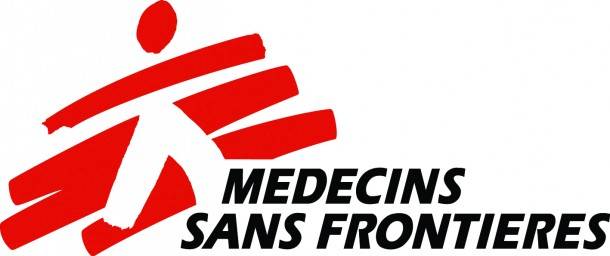SOMALIA. In August 2013, MSF withdrew aid from Somalia after local actors demonstrated they did not have the capacity or willingness to uphold the negotiated security guarantees required for MSF to provide effective healthcare. Without these guarantees, MSF cannot return to Somalia. Nevertheless, the need for Humanitarian Aid in Somalia persists; victims of combat-violence, displaced families, critically malnourished communities. The resources and capacity to meet their needs do not currently exist. I believe MSF should not to return to Somalia, but instead focus their resources in the Dadaab Camps. By compromising location for effectivity, MSF can continue to provide aid to Somali refugees without re-entering Somalia.
Despite the poverty and drought in Somalia during the 1990’s, aid was not a priority in the foreign policy of Western Governments. International invention was erratic and unpredictable, providing minimal financial assistance and a lack of coherent political strategy. The unstable environment fostered the growth of the Islamic insurgency group, Al Shabaab. Today, multiple factions exist; Transnational Federal Government and Radical Islamic Militant Groups, radical Islamists and moderate Islamists, and inter-clan/tribal feuds. These conflicts have escalated an already existing prerogative for emergency Humanitarian intervention.
During MSF’s 22-year-presence in Somalia, workers tolerated unparalleled levels of risk, and compromises on independence and impartiality in order to sustain operational relationships with warring-actors, and to negotiate for Humanitarian space. In December 2011, two MSF workers were killed in Mogadishu. The killer was charged, but released three months later. MSF can no longer effectively deliver aid into a lawless and ungoverned space. In order for MSF to re-enter Somalia, authority must reside with one authoritative actor. This actor must then demonstrate the capacity to provide a structured security unit for MSF, complete dissociation from threats conducted against healthcare workers and the ability to charge criminals under systematised law.
If MSF was to focus resources in the Kenyan Dadaab Refugee Camps, they could direct the aid towards alleviating the suffering of Somalian casualties without re-entering ineffective, but necessary negotiations with Somalian actors. UNHCR-run Dadaab Camps; Hagadera, Ifo Dagahaley and Kambios, provide shelter to 350,000 displaced Somali civilians. Women and children arrive with no food, shelter, money or water. Many encounter violence, extortion, and harassment at the ungoverned Somali border, and others suffer from respiratory tract infections, diarrhoea, tuberculosis, malnutrition and trauma. The influx of refugees continues to outstrip current health care resources in the camps.
MSF’s delivery of additional aid into Dadaab should be prioritised in accordance with the organisation’s funding and security prerogatives. Initially, aid should prioritise individuals with immediate surgical requirements. This might include constructing temporary surgical operating environments, childbirth wards and emergency hospitals with IV facilities to treat malnutrition. A secondary allocation of resources should target non-life-threating cases, such as providing food supplies, clean water and bedding, a sustainable rehabilitation unit for malnutrition, maternal health programs, immunisation campaigns, and mental health and trauma units.
In February 2014, Kenyan and Somali foreign ministries signed a tripartite agreement to repatriate Somali refugees. 80,000 -100,000 refugees have since voluntarily repatriated. IN consequence of this, I therefore believe long term objective can be incorporated into the policy I am suggesting; the basic healthcare training of the Somali refugees in the camps by MSF workers. The trained refugees will then repatriate to Somalia with basic health care knowledge and the ability alleviates the suffering of individuals in conflict zones within the country. Repatriated refugees, who have established a constructive relationship with MSF workers, will also spread the credibility of MSF amongst the communities they treat in Somalia, and consequently increase the local acceptance of MSF’s presence in the country, when political conditions permit their return.
The Western media criticised MSF’s withdrawal from Somalia and advocated for their return. However, I believe MSF can only return to Somalia itself if an authoritative majority resides with one actor. The actor must demonstrate the capability to contain a safe space for Humanitarian presence, which is inaccessible to opposition and hostile attacks. The actor must also have complete dissociation from violations against MSF workers, and a systemised system of law to punish criminal acts. The media labelled MSF as ‘risk averse’. MSF cannot re-enter an ungoverned space, which has no foreseeable potential to improve security and respect towards workers and patients. Nevertheless, humanitarian need in Somalia obligates MSF’s involvement. By increasing resources in Dadaab Refugee Camps, Somalis will receive aid, without compromising the unnegotiable security of MSF workers. Somalis have a right to receive assistance; warring factions do not have justification to remove their humanitarian right.

